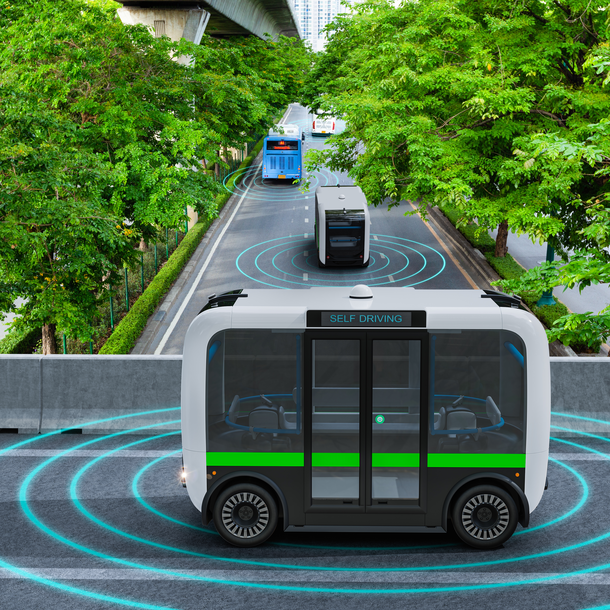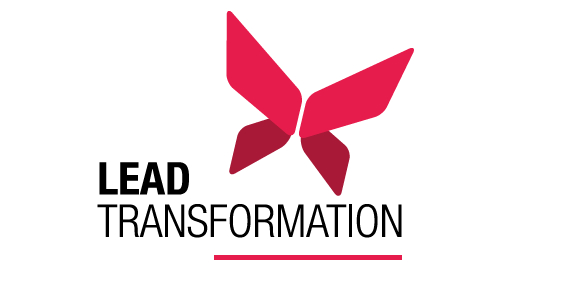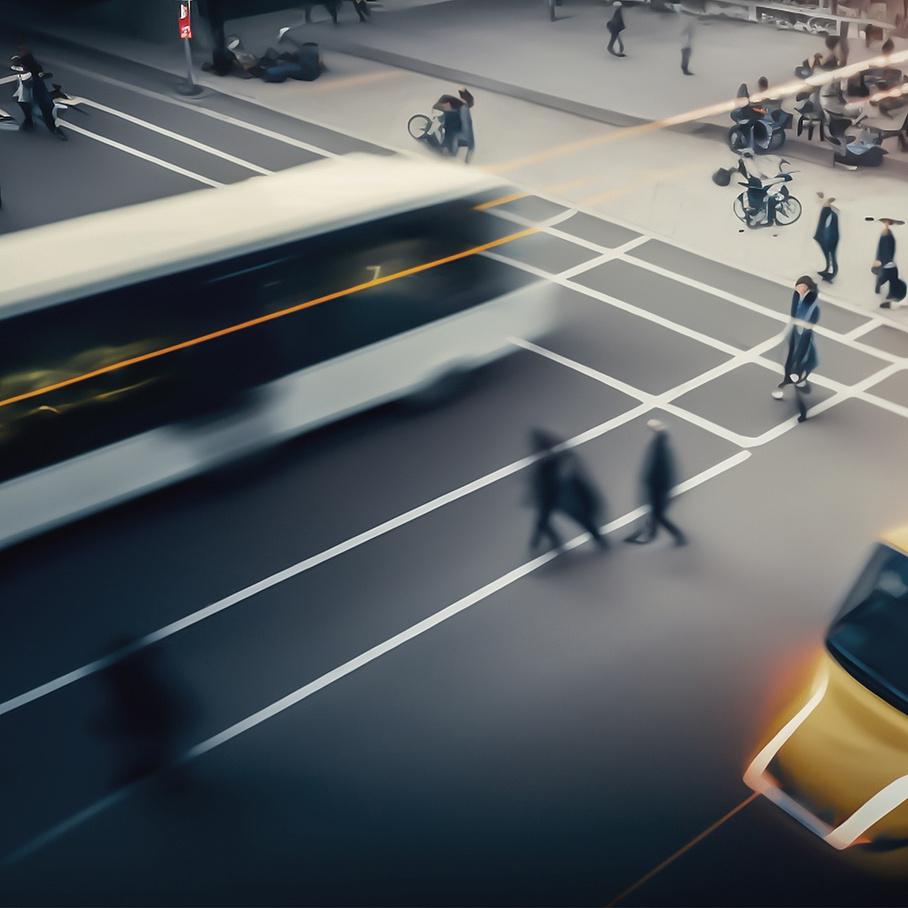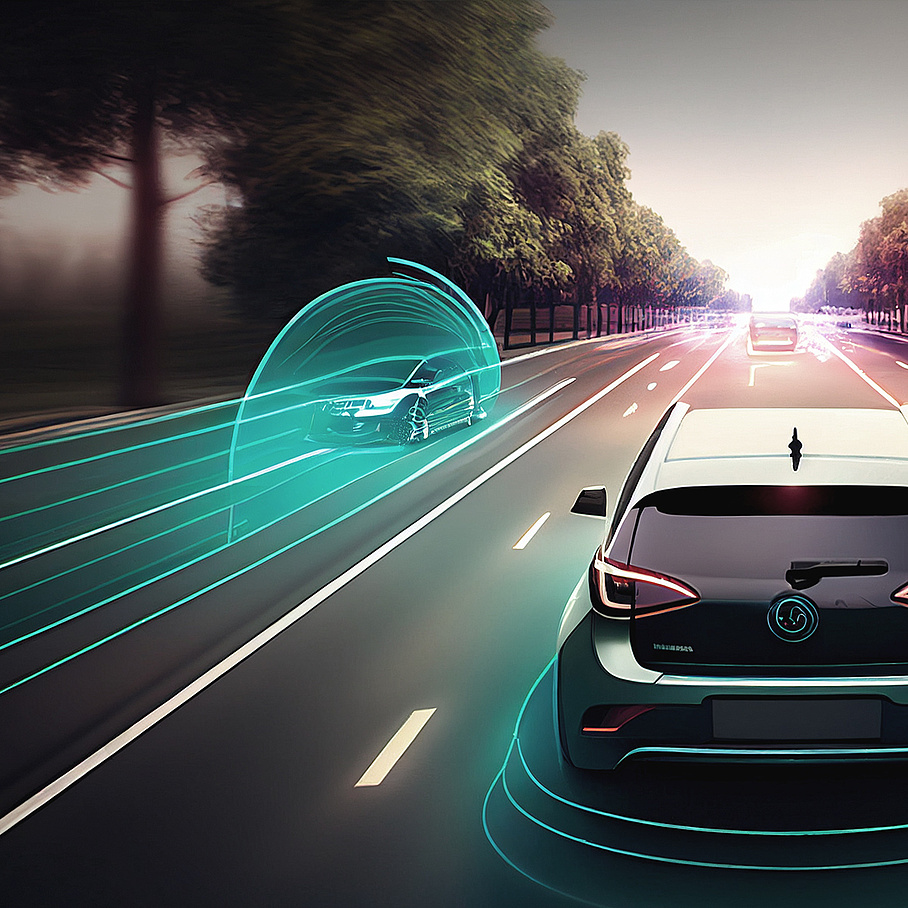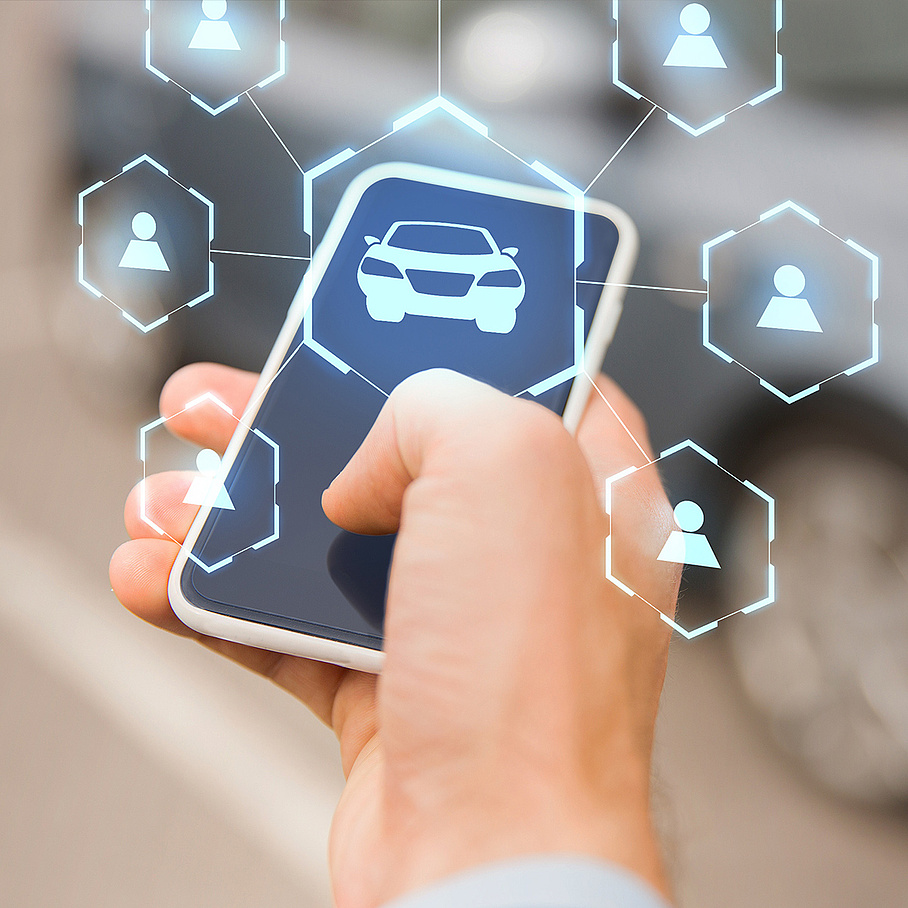Mario HIRZ
Assoc.Prof. DI. Dr.techn.
Deputy Head Institute of Automotive Engineering,
Group Leader Automotive Mechatronics, TU Graz
Modules of the specialization
- Module: Digital Transition in Mobility and Transport
- Module: Vehicle Technologies
- Module: Mobility Systems
The modules can be booked individually or as a "Future Mobility & Management" package. The participation fees per course/module are € 1,800.
Target groups
Specialists and managers; technical, commercial and/or strategic decision-makers; project managers
- in the automotive industry, as well as related supplier and service provider industries
- in traffic planning and management
- working on the development, maintenance and management of public transport systems
- from public authorities and institutions related to the design and development of future transport systems and mobility concepts
Academic and consulting experts
- with an interest in future, digital vehicle technologies, new mobility concepts and mobility systems
Alumni
- Mechanical Engineering
- Electrical Engineering, Computer Science
- Construction Sciences, Architecture / Urban Planning
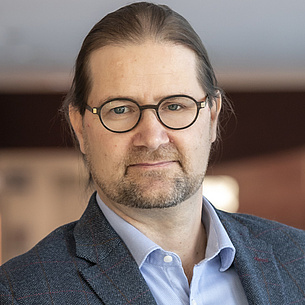
The transformation that is taking place in passenger and freight transport is being driven by the quest for sustainable mobility and increasing automation. Both innovation drivers are closely connected to digitalization – this presents not only challenges but also many opportunities, introducing new possibilities for the development, deployment and management of technologies for vehicles and infrastructure.
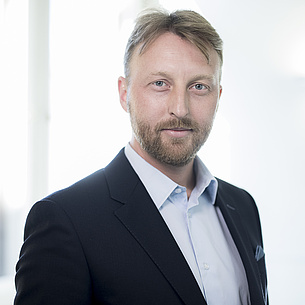
Contact
Helmut ASCHBACHER
Dr.
TU Graz Life Long Learning
Phone: +43 316 873 4943
helmut.aschbacher@tugraz.at
